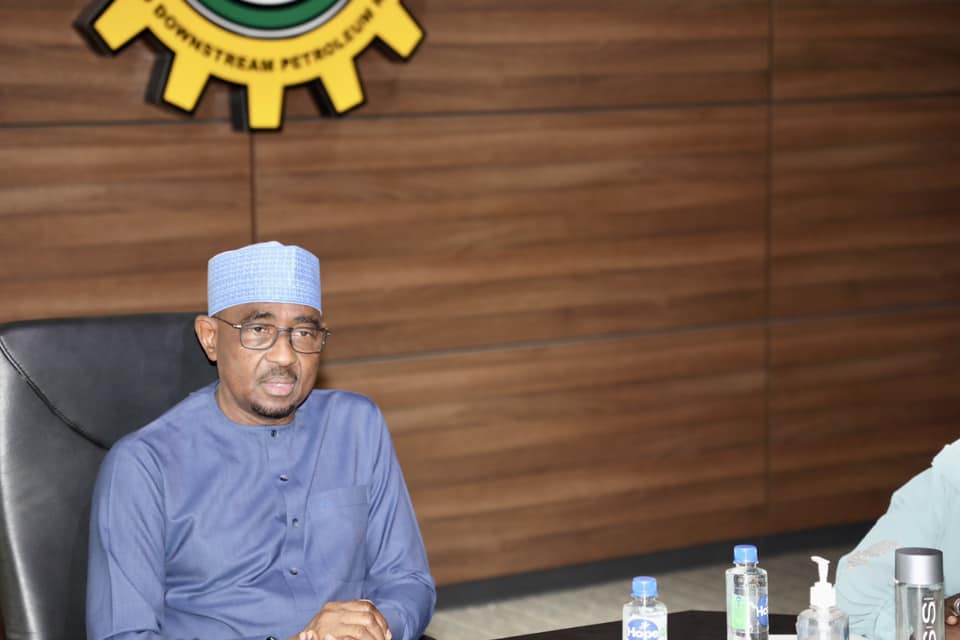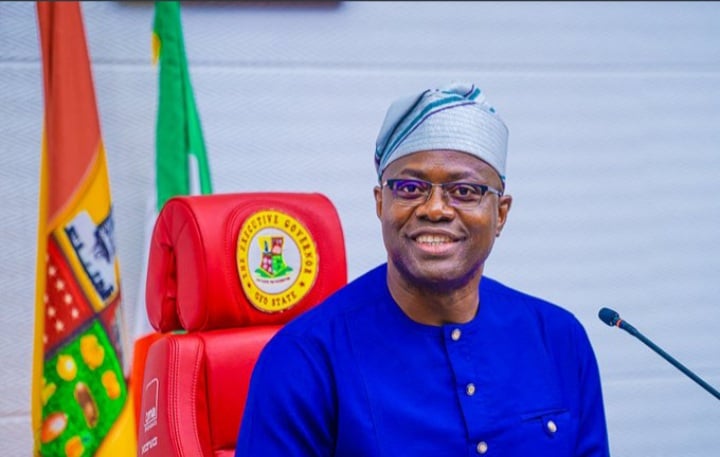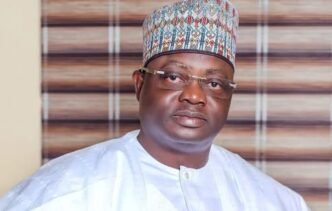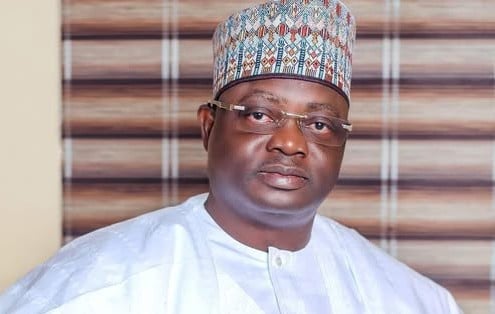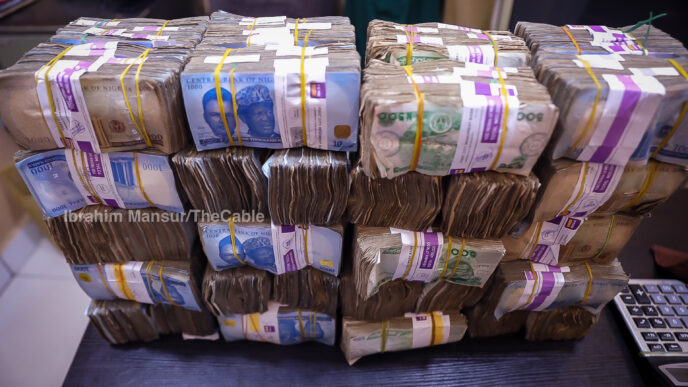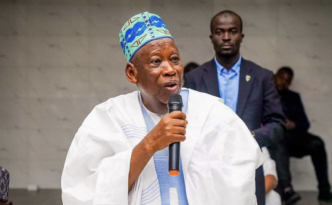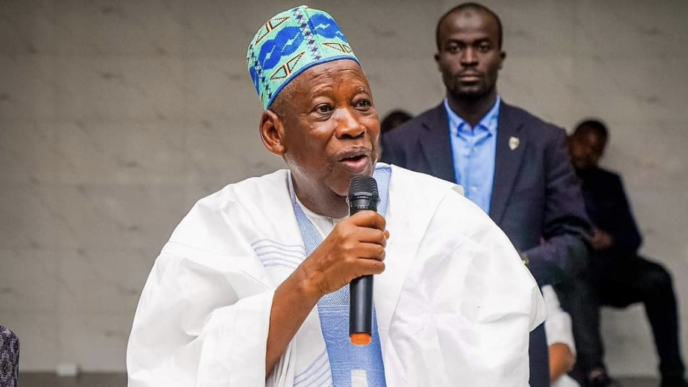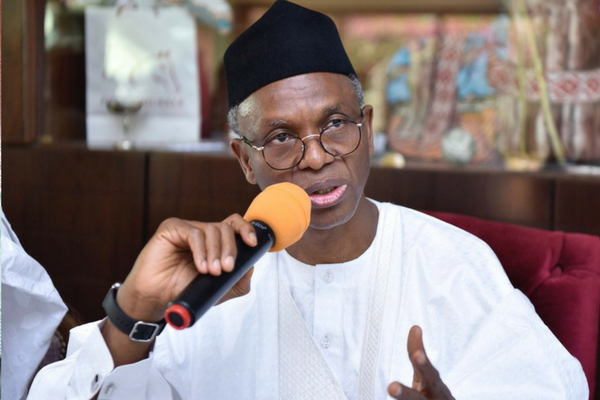The Nigerian Midstream and Downstream Petroleum Regulatory Authority (NMDPRA) says the importation of premium motor spirit (PMS), also known as petrol, into Nigeria, reduced by 29.9 million litres in over eight months.
Farouk Ahmed, chief executive officer (CEO), NMDPRA, spoke during a press briefing organised by the presidential communications team (PTC) at the State House in Abuja on Tuesday.
According to the NMDPRA CEO, the country’s daily petrol importation decreased from 44.6 million litres in August 2024 to 14.7 million litres as of April 13.
He attributed the drop in imports to increased contributions from local refineries.
Advertisement
Additionally, Ahmed noted that local petrol production increased by 670 percent during the same period.
He attributed the increase to the Port Harcourt Refining Company’s gradual reactivation in November 2024 and increased production from modular refineries located throughout the nation.
“After contributing virtually nothing in August 2024, local plants delivered 26.2 million litres per day in early April, a jump from the 3.4 million litres recorded in September 2024, which was the first month with measurable output,” Ahmed said.
Advertisement
However, he said despite the growth in domestic supply, total national supply exceeded the government’s 50 million litres per day consumption benchmark.
“Only twice within the eight-month period — 56 million litres in November 2024 and 52.3 million litres in February 2025,” Ahmed said.
He added that in March, importation slightly dipped to 51.5 million litres per day, while the first half of April witnessed an even lower average of 40.9 million litres per day.
Ahmed said the NMDPRA issues import licences strictly in line with national supply requirements, underscoring the authority’s commitment to striking a balance between imports and growing local production capacity.
Advertisement
He called for a collective national effort in protecting and maintaining Nigeria’s oil and gas infrastructure.
According to the NMDPRA CEO, all stakeholders — including security agencies, political leaders, traditional rulers, youths, and oil companies — must work together to secure national energy assets.
“It takes all of us — government, traditional institutions, companies, and the youth—to collaborate and resist criminal activities that threaten our infrastructure,” he said.
Ahmed added that local government authorities and international oil companies (IOCs), as well as indigenous companies, must take responsibility in ensuring that oil assets are protected and maintained.
Advertisement
“Until we all commit to safeguarding these national assets, we should stop pointing fingers,” he added.
Furthermore, Ahmed reaffirmed NMDPRA’s commitment to transparency and accountability in the midstream and downstream sectors.
Advertisement
